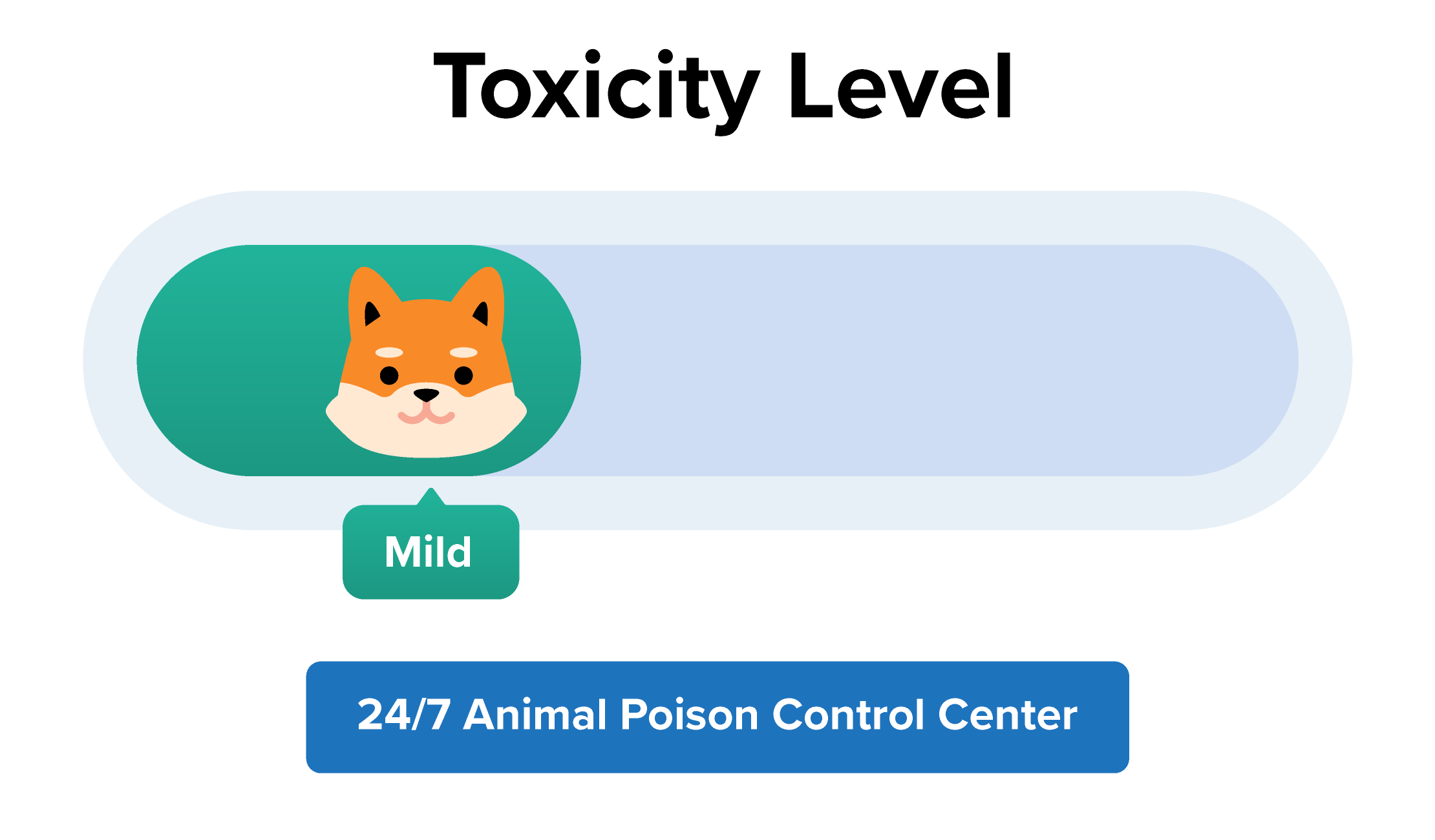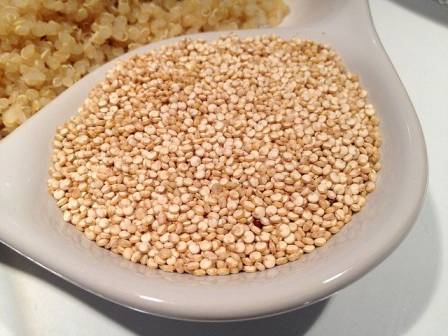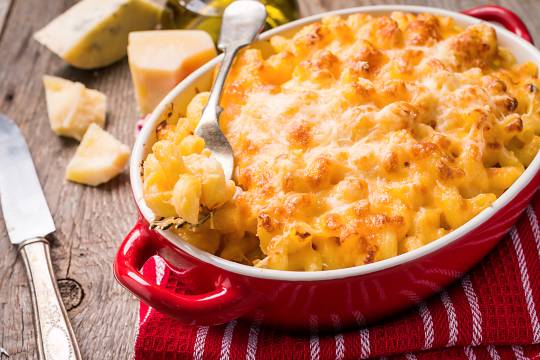Vienna sausage is a wonderful food that many pet parents love to eat! What’s not to like? And what happens if you’re eating Vienna sausage? Your dog comes over begging! You may be tempted to share with your dog. But is Vienna sausage good for your dog?
Connect with a verified veterinarian in minutes. Licensed vets are available 24/7 to answer your questions. No need to worry about your furry family member.
Has your dog eaten Vienna sausage? Are you worried the Vienna sausage will make him sick? If so, then you’ve come to the right place. We understand it can be scary when your dog eats something he shouldn’t.
In this article, we’ll take a look at Vienna sausage and whether or not it can make your dog sick. Let’s get started!
What is Vienna Sausage?
Vienna sausage is a type of sausage that’s traditionally made in Vienna. In the US, this type of sausage is typically canned. They’re made of beef, pork, natural flavors, salt, sugar, separated chicken, and preservatives. They may also be canned in chicken broth.
Some people eat the sausages right out of the can, while others use them in a wide variety of yummy recipes! You’ve seen those little sausages at parties! They were probably Vienna sausages!
While humans can safely enjoy Vienna sausages, what about dogs? Are Vienna sausages safe for dogs?
Vienna Sausages & Dogs
The good news is that Vienna sausages are not toxic to dogs! So, if your fur baby has eaten one or two, he should be just fine. However, dogs that have a sensitive digestive tract or who eat too many of the small sausages could become sick.
For one thing, the sausages contain high levels of fat, which can cause pancreatitis in dogs. This is a painful condition that can lead to death if not treated right away. Another problem is the high amount of salt in the sausages, as well as the preservatives. The sausages may also contain seasonings that are toxic to dogs.
So, if your dog has eaten a large number of Vienna sausages, it’s a good idea to call the vet.

Review symptoms, medications & behavior to keep your pets healthy with a Vet Online in just minutes.
Ask a Vet Live NowSymptoms of Vienna Sausage Ingestion in Dogs
You may notice these symptoms if your dog has eaten Vienna sausages:
- Diarrhea
- Vomiting
- Nausea
- Abdominal pain & bloating
- Increased urination
So, if your dog is showing any of these symptoms (or other concerning symptoms), then call the vet right away. They will have the best guidance on what you need to do to help your dog. In some cases, the vet may have you bring your fur baby in for treatment. If this is the vet’s recommendation, then get your dog in as soon as possible.
Connect with a verified veterinarian in minutes. Licensed vets are available 24/7 to answer your questions. No need to worry about your furry family member.

Kim
Kim is a talented author, who loves animals especially dogs. She engaged in writing books and articles relating to animals a decade ago. Kim resides in Chicago with her husband and son. The family is the proud owner of a dog and a parrot (Jack and Lily). Kim wanted more than these two pets, but her husband put his foot down... She often visits elementary schools to talk to the kids about what she learned about pets and how they could learn from them.
Review symptoms, medications & behavior to keep your pets healthy with a Vet Online in just minutes.
Ask a Vet Live Now




